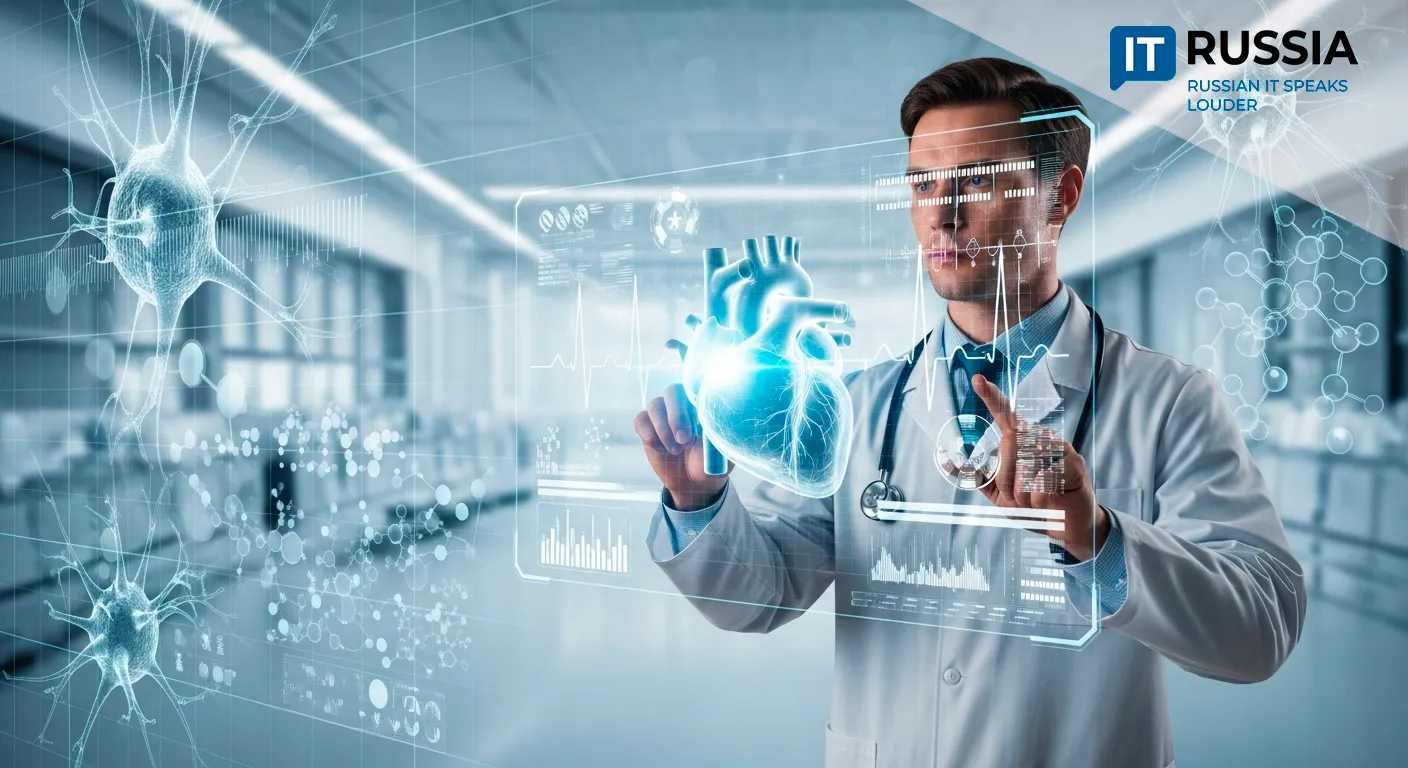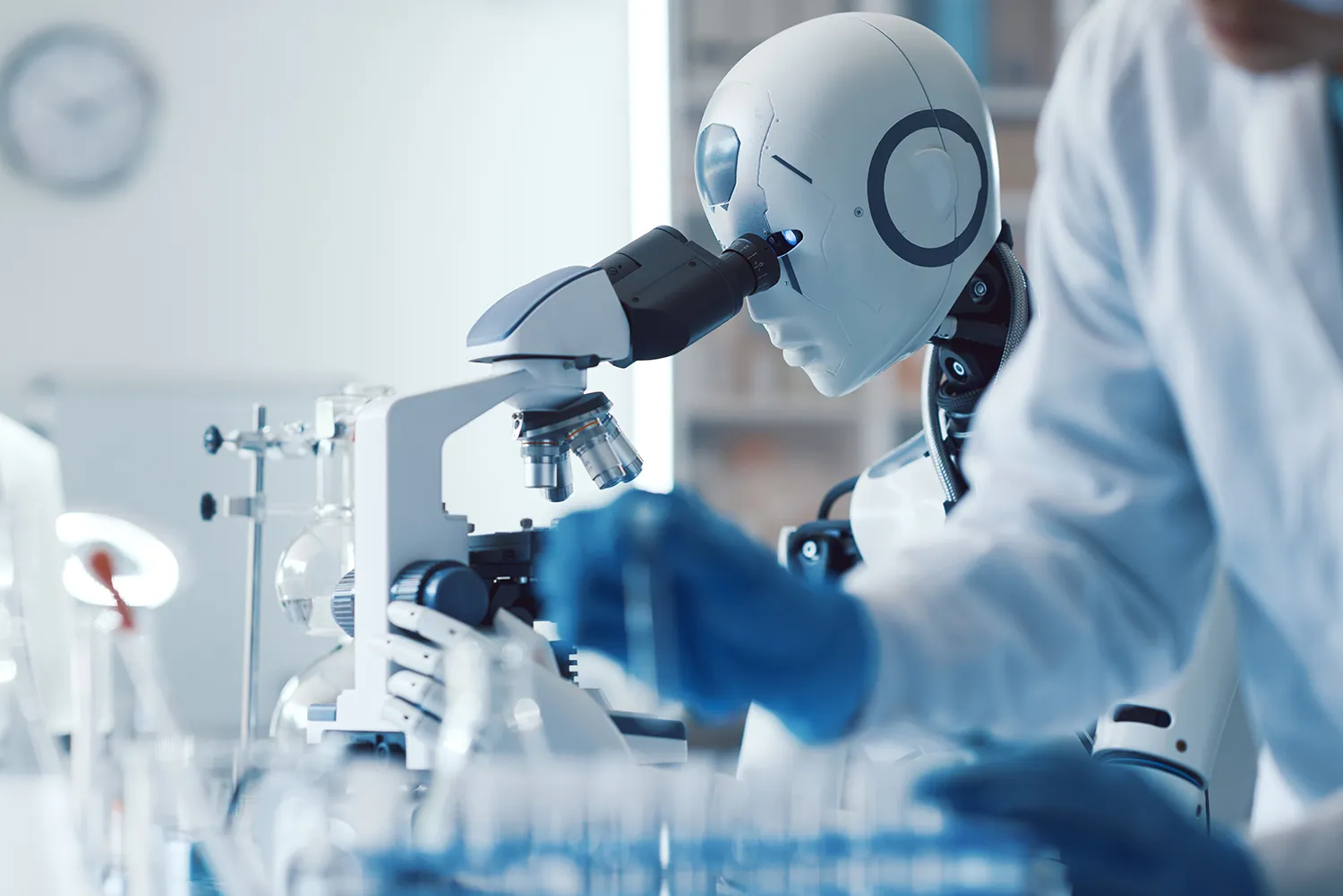Bio-Digital Medicine: Saratov Medical University Joins Russia’s Health IT Vanguard

A new research institute at Saratov State Medical University is advancing Russia’s digital healthcare transformation with a strong focus on AI-driven diagnostics and clinical innovation.
From Biosystems to Practical Technology
The newly formed institute at Saratov State Medical University (SSMU) integrates fundamental science, biomedical engineering, and clinical care, with AI in healthcare as its central focus. The initiative builds on an existing research lab for open biosystems and AI, which is already developing digital tools for biomedical data analysis currently in use in clinical settings.
The institute is structured to drive full-cycle innovation—from scientific concept to real-world implementation. Its mission is to ensure not just the development but also the deployment of healthcare technologies across Russia’s regional and national systems.

Three Focus Areas, One Mission
The institute’s initial priorities include the development of portable devices for cardiovascular monitoring and diagnostics. These projects, backed by the Russian Ministry of Health, aim to improve access to cardiac care, especially in underserved areas.
Cardiology will serve as the primary domain for clinical validation due to its public health significance. In parallel, the institute will pursue basic and applied neuroscience research—designing digital platforms and AI tools for diagnosis, rehabilitation, and cognitive analysis. A dedicated unit in integrative cardiology will test innovative care models and help establish clinical and scientific frameworks for future technologies.
Where IT, Medicine, and Engineering Converge
The institute is more than a university project—it represents a strategic move for Russia’s IT and health sectors. By uniting clinical medicine, biomedical engineering, and digital systems under one roof, it strengthens national capabilities in health innovation.
Locally, it means faster access to advanced diagnostics in regional hospitals and clinics. Tools developed here will help alleviate shortages in equipment and skilled personnel across the healthcare system.

On a global scale, the project has export potential. If validated clinically and integrated effectively, AI-based diagnostic and monitoring tools could be adopted in neighboring countries and international markets. Early discussions are underway to launch pilot collaborations abroad.
Positioning Saratov as a Health Tech Hub
The launch of the institute aligns with Russia’s broader strategy of creating regional innovation centers. Other national initiatives include the National Center for Physics and Mathematics in Sarov (launched in 2021), the data-driven tech city of Innopolis in Tatarstan, and Skolkovo’s deep-tech institute Skoltech.
What makes Saratov’s effort unique is its specialization in bio-digital medicine—a convergence of AI and clinical science with practical, localized implementation. This positions SSMU at the frontier of both medical education and healthcare delivery innovation.

Toward a Digital and Export-Oriented Future
The new institute reinforces SSMU’s leadership in medical AI development, fully aligned with Russia’s national digital health strategy.
Within two to three years, the first wave of portable diagnostic devices could be deployed in hospitals, supported by federal grants and digital health programs. There are also strong prospects for exporting certified solutions to global markets.
Saratov’s commitment to bio-digital technology isn’t just timely—it’s strategic. As global healthcare systems turn 'smarter,' Russia is building its capabilities on a foundation of scientific and clinical rigor.










































